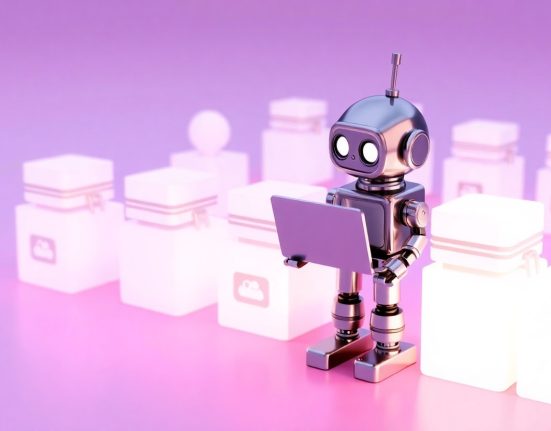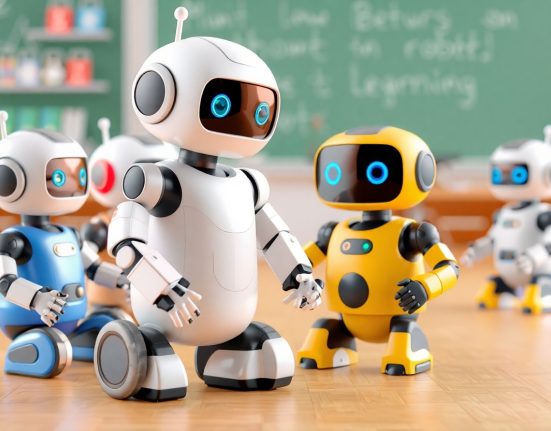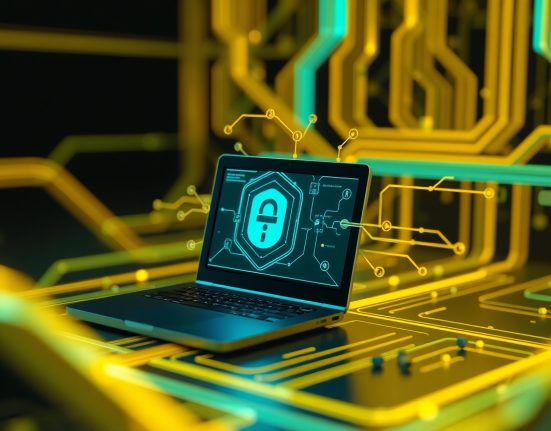When artificial intelligence first entered our lives, we didn’t quite imagine how quickly it would start reshaping areas we once thought were immune—especially education. On the one hand, the ability to use AI for learning is nothing short of revolutionary. It can explain complex concepts, craft well-written answers, and elevate writing and research skills. But at the same time, it’s become a powerful shortcut for those looking to bend the rules—especially when it comes to cheating. And that’s where the real game begins, with both sides of the tech world facing off in a kind of digital duel.
Students today don’t have to dig through search engines for answers anymore—they just drop a question into an AI chat and get a full, polished response in seconds. Some use it the right way, to better understand the material, but others don’t even think twice: they copy, paste, and submit. Exams turn into performances, and grades become less about knowledge and more about knowing how to use the right tool. But the academic world isn’t standing still. AI-powered tools for detecting cheating are now standard practice—scanning essays and tests, analyzing suspicious patterns, comparing writing styles, and spotting robotic phrasing with growing accuracy.
There’s something poetic about it, really. Two intelligent systems, born from the same world of innovation, locked in a quiet arms race. On one side, language models capable of mimicking any human voice. On the other, detection algorithms designed to see through the disguise. It’s no longer just a student vs. teacher issue—it’s machine vs. machine.
And of course, all this raises deeper questions. What counts as genuine learning in an age where you can write an entire paper without truly understanding it? Is using AI automatically considered cheating, or is it just the new normal for a new generation? Some argue that AI should be integrated into the learning process—teach students how to use it wisely rather than pretending it doesn’t exist. Others see it as a slippery slope that only makes it harder to maintain academic honesty.
Personally, I’m fascinated by how fast this world is changing. There’s something thrilling about the idea that the very same AI created to enhance learning is now also guarding its integrity. Every time a new trick to cheat appears, a new tool to catch it isn’t far behind. Each exam becomes a kind of silent battlefield, where it’s not always clear who will win—the human creativity trying to outsmart the system, or the algorithm waiting quietly in the background.














